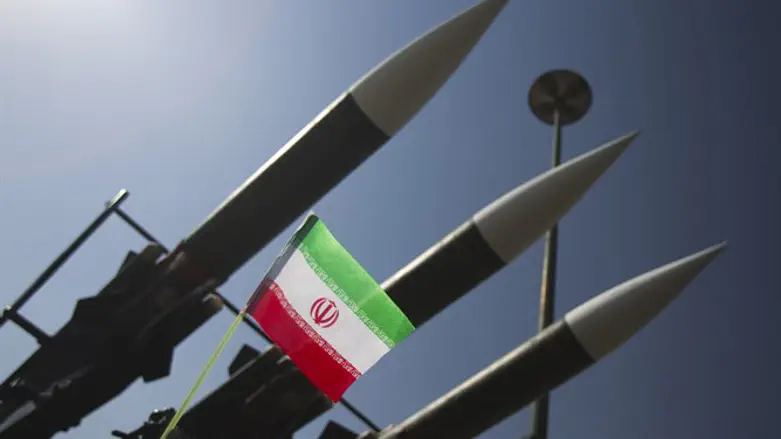
Iran has ramped up its cyber-attack capabilities and developed more advanced ballistic missiles since the nuclear deal was signed in November 2013, the US Department of Defense wrote in a partially published report.
Iran retains “a substantial inventory of missiles capable of reaching targets throughout the region, including U.S. military bases and Israel,” the Pentagon announced in its annual report to Congress on Iran’s military might.
Since the Joint Comprehensive Plan of Action was agreed upon, Iran has “been testing to see what kind of activities it can get away with without jeopardizing sanctions relief and foreign investment,” Michael Eisenstadt, director of the Washington Institute for Near East Policy’s Military and Security Studies Program, wrote in a report last month.
Despite promises to turn from war to trade, the Islamic Republic “ramped up cyberspying operations against US officials, journalists, and academics engaged in Iran policy, presumably for intelligence purposes, using email and social media contact lists harvested from the computer of detained Iranian-American businessman Siamak Namazi,” Eisenstadt continues.
Elias Groll wrote in Foreign Policy this week that Iran is “increasingly turning the tools of computer espionage against both exiles abroad and potential dissidents at home,” demonstrating more advanced computer-savvy than their military has before.
Iran has conducted several ballistic missile tests since the deal was reached. The most recent, modeled off of North Korea’s Musudan ballistic missile, had a range of 2,500 miles. In May, the Islamic Republic demonstrated the power of a missile which extended 1,250 miles. In March, Iran tested a missile with an 870-mile range, which had "Israel must be wiped off the face of the earth" written along it in Hebrew.
All these are violations of UN Security Council Resolution 2231, which demands of Iran “not to undertake any activity related to ballistic missiles designed to be capable of delivering nuclear weapons, including launches using such ballistic missile technology.” The resolution also holds Iran accountable to previous Security Council resolutions, which restrict ballistic missile work until 2023.